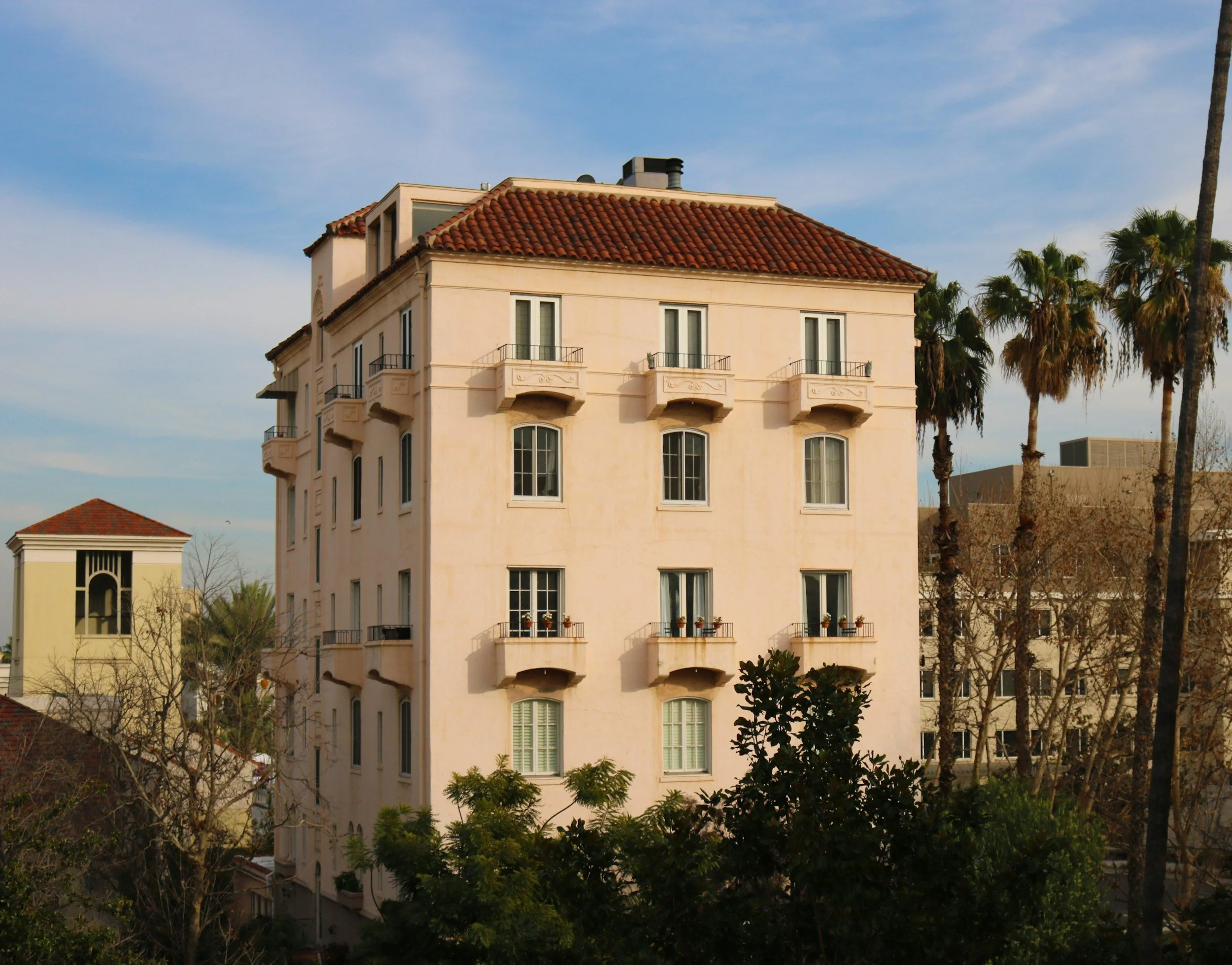Hospitality That Heals
Series: Live the Story, Tell the Story
Message: Make Room — Luke 14:1–24
Big Idea
Because grace made room for us, we make room for others.
Jesus pictures the kingdom as a banquet where the overlooked are honored. Mission often begins around the table. You don’t need a script—you need a seat open for someone else.
Opening Question (5 min)
When was a time someone made unexpected room for you—at a table, event, or moment in life?
How did it make you feel seen or valued?
(Leaders: this sets tone for “making room” before diving into the passage.)
Scripture Snapshot (5–7 min)
Luke 14:1–24 Summary for Leader to Read Aloud:
Jesus attends a dinner hosted by Pharisees—religious insiders who were watching Him closely.
At the table, He heals a suffering man even though it’s the Sabbath, exposing their rigid religion.
Then, noticing how people scramble for the best seats, He teaches humility: “Those who exalt themselves will be humbled.”
Finally, He tells a story about a great banquet where the invited guests make excuses, so the host brings in the poor, the crippled, and the outsiders instead.
At every turn, Jesus flips social order on its head—He challenges pride, invites humility, and reveals that God’s kingdom is a table of grace open to all.
Hospitality That Heals (30 min)
Each section corresponds to a scene in Luke 14.
Leader Flow: briefly teach the “truth,” then guide discussion using questions and prompts. Don’t rush—choose one or two prompts per section to draw out conversation.
1 · He Heals Our Excuses (vv. 1–6)
Truth: The gospel reshapes how we see interruptions. Jesus stops for the suffering man while others debate rules.
Why it matters: We often miss people because we’re busy, cynical, or afraid. Our schedules and comfort can become excuses.
Practice Cue: Notice and respond to one “interruption” this week as if it’s divine invitation.
Leader Direction:
Read vv.1–6 together or paraphrase.
Ask: Who do you identify with in this scene—the rigid observers or the compassionate healer?
Invite reflection: What “Sabbath” excuses (comfort zones) keep you from loving others?
Share: When have you felt interrupted but later realized it was a God moment?
Group Action: Encourage each person to name one person they might “make room” for this week and pray for them by name later.
2 · He Humbles Our Striving (vv. 7–14)
Truth: True honor is received, not achieved. Grace frees us from proving ourselves so we can freely love.
Why it matters: We live in a culture of self-promotion. Jesus invites us to take the low seat and welcome those who can’t repay.
Practice Cue: Choose one humble act of hospitality this week—share a meal, a coffee, or a gift with someone who can’t return the favor.
Leader Direction:
Read vv.7–14. Ask: What does Jesus reveal about our craving for recognition or validation?
Invite discussion: Where do you see comparison or performance shaping your relationships?
Teach briefly: explain that humility is not self-deprecation—it’s being secure enough in grace to lift others up.
Reflect together: Who might God be calling you to honor quietly this week?
Group Action: Brainstorm practical ways your group could host or bless someone together—perhaps a meal for neighbors, single parents, or new attenders.
3 · He Invites Our Response (vv. 15–24)
Truth: Everyone’s invited to the Father’s banquet—but excuses keep us away.
Why it matters: The gospel is an invitation to respond, not just admire. We’re called to both come to the table and compel others to come.
Practice Cue: Move from intention to invitation—personally invite someone into your table, home, or life this week.
Leader Direction:
Read vv.15–24 aloud. Ask: What do you notice about who accepts and who declines God’s invitation?
Discuss: What excuses most often keep us from God’s invitations—or from inviting others?
Highlight: God is not shutting people out—He’s continually sending His servants out to make room.
Encourage reflection: Who around you might need to hear “there’s still room”?
Group Action: End this section by inviting each person to name one specific person they could “compel to come” through a meal, text, or act of kindness.
Discussion Questions (15–20 min)
These can be woven into each section or saved for open discussion at the end (No need to do all):
Which “excuse” most resonates with you—busyness, fear, fatigue, or inertia?
How do you see yourself striving for recognition in subtle ways?
Who are the “overlooked” people around you that might be waiting for an invitation?
What does it look like for our group to embody a Luke 14 banquet this month?
How does receiving your seat by grace change the way you host others who can’t repay you?
Practices for the Week (10 min)
This Week’s Practice: Make Room
Margin Audit: Protect one open evening or lunch for hospitality this week.
The Open Seat: Invite one overlooked person to share a meal, coffee, or walk.
Low Seat Hospitality: Do a quiet act of generosity with no expectation of return or recognition.
Interruption Blessing: Ask the Spirit each morning: “If You interrupt me today, help me notice and respond.”
(Leaders: Encourage the group to choose one practice and share stories next week.)
Prayer (10–15 min)
Prompt: Where do you need courage to create margin or extend invitation?
Lord Jesus, You seated us by grace at Your table.
Heal our excuses, humble our striving, and invite our response.
Fill us with Your Spirit to notice the overlooked, to take the low seat, and to compel many to come.
Make our homes and lives places of Your welcome.
Amen.
Closing Invitation
Live the Story: Receive your seat by grace.
Tell the Story: Set a place for someone who can’t repay you.

